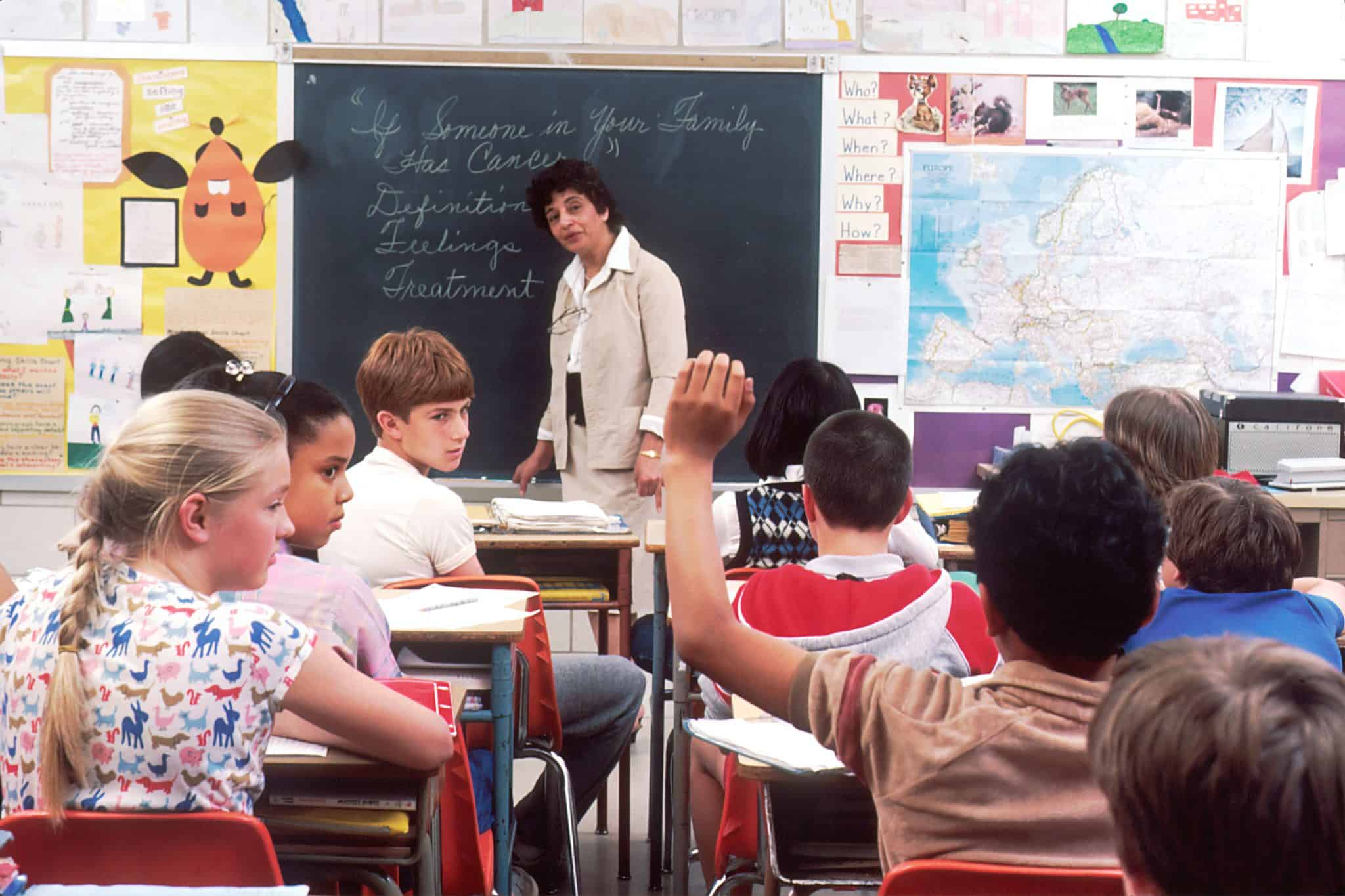Mackenzie Bouverat is a student at Harvard Law School.
Today, the country again confronts the question of ‘what to do about schools’ this coming fall. The executive’s position on the issue is clear: in a move seemingly calculated to pressure educational institutions to open their (physical) doors, U.S. Immigration and Customs Enforcement yesterday announced that international students studying at American schools are not permitted to live in the country unless their school offers in-person instruction. The President twice tweeted about the exigency of reopening schools within an hour of the publication of this guidance.
The Florida Department of Education has ordered all public schools to reopen for in-person instruction in the fall (as cases explode in the state). New York City is expected to reopen its public schools this coming fall, although New York state has not yet announced whether it plans to resume in-person education. The President of the United Federation of Teachers, Michael Mulgrew, has urged the state to institute greater protections for teachers at New York schools, including expansive testing, the monitoring of symptoms, and social distancing. Merrie Najimy, the President of the Massachusetts Teachers Association, recommends a phased reopening of schools. The Fairfax Education Association takes a harder line–the Virginian teachers union insists that schools should remain online until a vaccine is widely available. Public opinion is split on the issue: 54 percent of American voters report moderate to extreme discomfort with reopening K-12 schools for the beginning of the upcoming academic year, according to the latest POLITICO/Morning Consult poll. American parents face a double bind: as the working population is forced to return to “business as usual,” keeping classrooms virtual poses serious practical challenges: with already sky-high costs of child care expected to rise as daycares work to to accommodate social distancing protocols, working Americans may have no option but to send their children back to the classroom.
Following the lead of many other states, the Nebraska Department of Labor has announced the return of job search requirements for unemployment claimants. Eugene Scalia, Secretary for the U.S. Department of Labor, has indicated that the Federal response to coronavirus-related economic issues will pivot away from benefits programs, and will stimulate commerce through various means, including tax cuts and trade agreements. Americans, Scalia intimates, will soon be expected to return to work.






Daily News & Commentary
Start your day with our roundup of the latest labor developments. See all
July 7
LA economy deals with fallout from ICE raids; a new appeal challenges the NCAA antitrust settlement; and the EPA places dissenting employees on leave.
July 6
Municipal workers in Philadelphia continue to strike; Zohran Mamdani collects union endorsements; UFCW grocery workers in California and Colorado reach tentative agreements.
July 4
The DOL scraps a Biden-era proposed rule to end subminimum wages for disabled workers; millions will lose access to Medicaid and SNAP due to new proof of work requirements; and states step up in the noncompete policy space.
July 3
California compromises with unions on housing; 11th Circuit rules against transgender teacher; Harvard removes hundreds from grad student union.
July 2
Block, Nanda, and Nayak argue that the NLRA is under attack, harming democracy; the EEOC files a motion to dismiss a lawsuit brought by former EEOC Commissioner Jocelyn Samuels; and SEIU Local 1000 strikes an agreement with the State of California to delay the state's return-to-office executive order for state workers.
July 1
In today’s news and commentary, the Department of Labor proposes to roll back minimum wage and overtime protections for home care workers, a federal judge dismissed a lawsuit by public defenders over a union’s Gaza statements, and Philadelphia’s largest municipal union is on strike for first time in nearly 40 years. On Monday, the U.S. […]